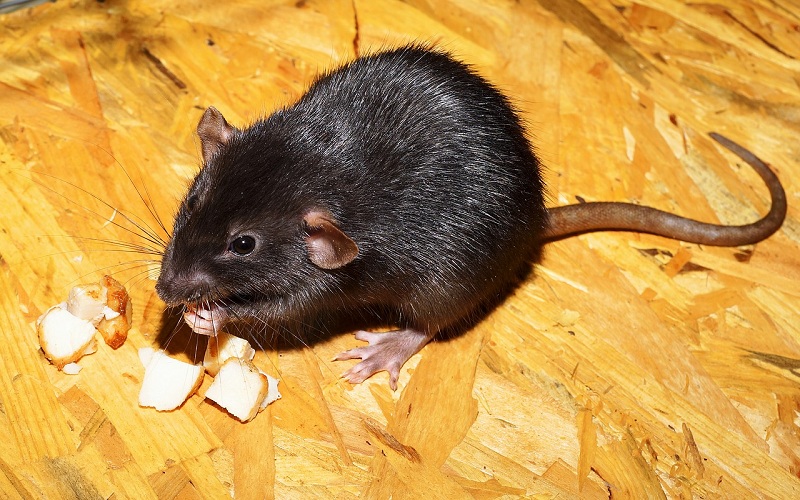Clermont, Florida, is home to various types and species of rodents. Rodents spread more than thirty diseases worldwide. They carry the allergens in their fur, saliva, intestines, and even urine. Exposure to any of these can result in an infection.
It is highly advisable to look around your property for any signs of rodent infestation, including your attic, where these rodents often hide, and call a rodent control in Clermont immediately.
Most diseases caused by rodents are transmitted through their feces.
Read this blog to learn about five of the most common rodent-caused diseases in Florida.
Five diseases spread by rodents.
1. Salmonella.
Salmonella is a type of bacteria that can cause foodborne diseases. It lives in the intestines of rodents and is shed through feces. Rodents can wander around your homes and contaminate food and water. This bacteria can enter your digestive system and affect your intestine if you eat the contaminated food.
The symptoms of this disease usually show up after 6 to 72 hours of exposure and lasts up to 3-4 days. If you have a healthy immune system, you can recover easily without any medical intervention. Otherwise, you might experience severe dehydration and require hospitalization.
2. Rat Lungworm.
It is a parasitic worm found in some parts of the US, including Florida. Rats carry this parasite without showing any symptoms. However, infected rats produce this in their feces, and can affect snails and slugs that eat rat feces.
The parasitic cycle continues when another rat eats the infected snail or slugs. Since many people often love snails, infection can occur if you eat undercooked or raw snails.
Rat lungworm can cause mild illness and muscle pain in humans. However, it usually resolves within a few days. In rare cases, it can result in meningitis.
The only way to prevent this worm from entering your intestine is to avoid raw or undercooked slugs, snails, crabs, and even frogs; wear gloves while handling them and wash your hands properly.
3. Hantavirus.
Rodents may leave droppings and urine everywhere. Exposure to this can lead to Hantavirus Pulmonary Syndrome. Symptoms of this virus include fever and muscle pain. However, in extreme cases, it can escalate to severe heart and lung disease that require hospitalization.
This virus is mainly carried by the most abundant mammal in America, the deer mouse. According to experts, the treatment options for Hantavirus are limited. Therefore, it is highly advised to prevent any contact with rodents and clean your property regularly.
4. Leptospirosis.
The rodent’s urine often causes this disease. This can get into the water or soil and sit there for months. Humans often come in contact with this disease through contaminated water. The symptoms of this disease usually occur after 4-5 days of exposure and include high fever, diarrhea, muscle pain, red eyes, and headache.
Leptospirosis can be treated effectively by using antibiotics. However, in extreme cases, you might need to be hospitalized. It is highly advisable to wear protective gloves while working outdoors to avoid direct contact with rodents and their urine.
5. Lymphocytic Choriomeningitis Virus.
This virus is often found in wild rodent sand, most commonly in a house mouse. This viral disease can affect and slow down your nervous system. Exposure to urine, saliva, or droppings can lead to an infection. The symptoms of this disease include fever and muscle pain and escalate to neurological disorders in extreme cases.
According to a study, about 5% of people have been exposed to this virus. However, most of them showed very minor or no signs of illness. An infected pregnant woman can transmit this disease to their fetus, which can result in birth defects and even fetal death.
Hire a professional today!
Do not take rodents lightly. Other than causing property destruction, they pose serious risks to your health. Hire a professional exterminator to get rid of these disease-causing rodents today!

